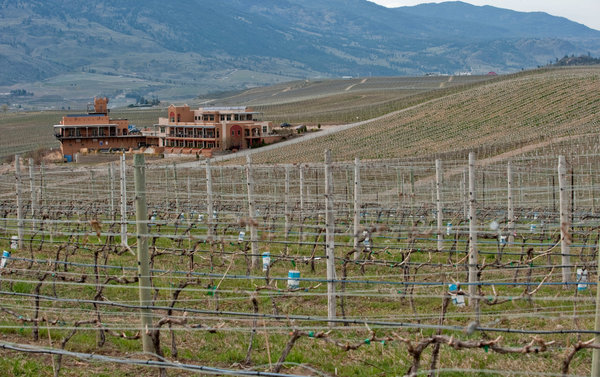 Fascinating NYT story on a subject I am very interested in tracking: how ag moves northward with climate change.
Fascinating NYT story on a subject I am very interested in tracking: how ag moves northward with climate change.
This story focuses on ag's canary-in-the-coalmine, wineries. Nothing is more sensitive, and thus wineries are the first to start shifting:
For more than a decade, wine experts have discussed the impact of climate change on wine grapes, agriculture’s diva, a marquee crop nurtured and pampered around the world.
Now scientists are raising a new question: when grapes are transported to new areas, assuming warming weather and flagging rain make current regions unsuited to such harvests, what will the crop’s arrival do to the animals and plants already in residence?
Will there be a conflict between prosecco and pandas in China? Will the contentious wolf hunts near Yellowstone National Park be complicated by new vineyards that crowd out everything else — wolves, elk and hunters?
“One of the adaptation strategies for grape growers will be to move into areas that have a suitable climate,” said Rebecca Shaw, a scientist at the Environmental Defense Fund and an author of a new paper to be published Monday in the Proceedings of the National Academy of Sciences. “This adaptation has the potential to threaten the survival of wildlife.”
Or, in the words of the new study, “Vineyards have long-lasting effects on habitat quality and may significantly impact freshwater resources.” In addition to introducing sterilizing chemicals and fertilizer, which remake the ecosystem, mature vineyards “have low habitat value” for native species “and are visited more often by nonnative species.”
So the interesting point to consider here: As climate change stresses "Middle Earth" (central band below 35 degrees north and above 35 degrees south), ag will be moving poleward for survival. All sounds good until you realize that leapfrogging in this manner will be disruptive to what's already there.
So how do you balance the needs of enviro refugees (humans and their activities) with those of native species?
I can see this being a huge political issue going forward. But, for now, just a glimpse.